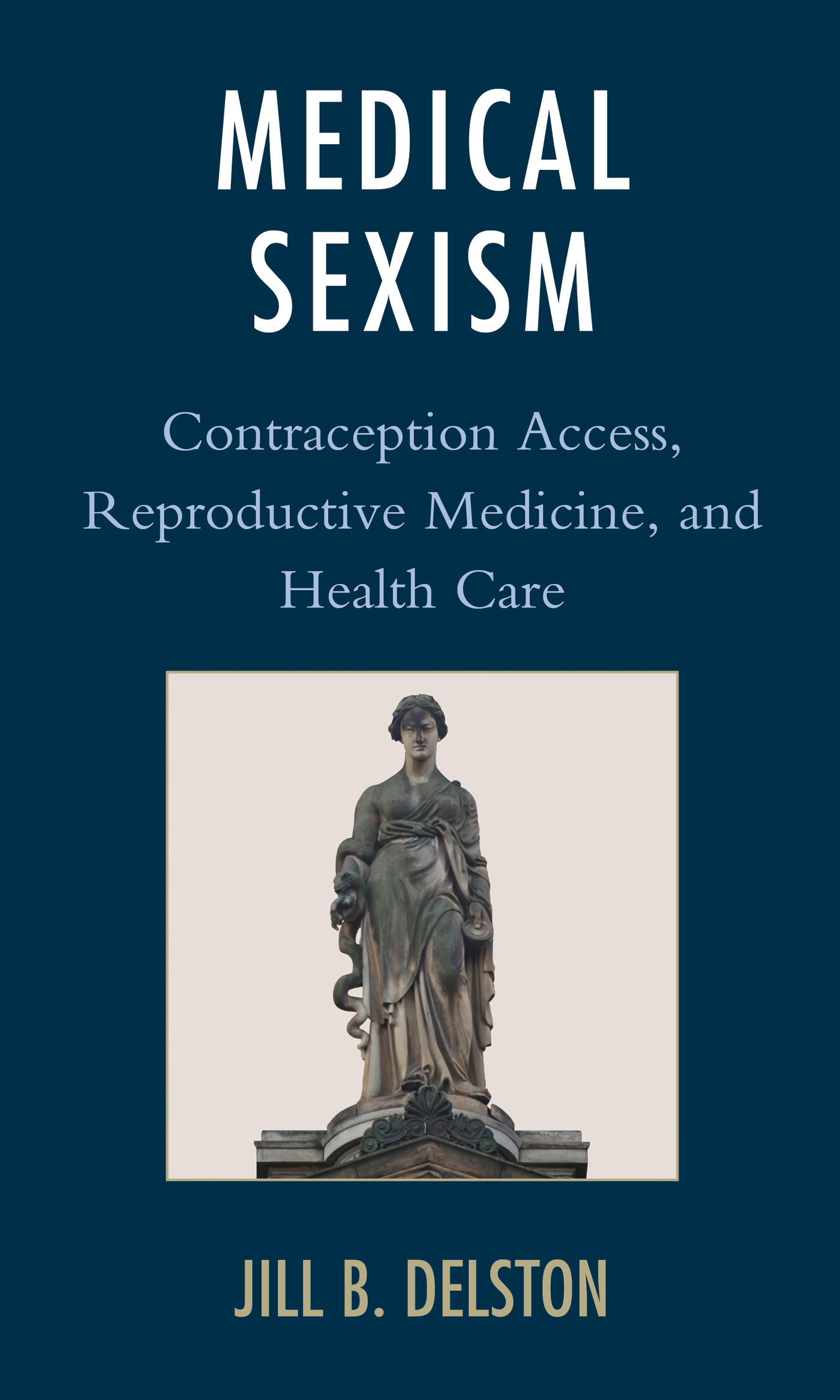Medical Sexism
Medical Sexism
Contraception Access, Reproductive
Medicine, and Health Care
Jill B. Delston
LEXINGTON BOOKS
Lanham Boulder New York London
Published by Lexington Books
An imprint of The Rowman & Littlefield Publishing Group, Inc.
4501 Forbes Boulevard, Suite 200, Lanham, Maryland 20706
www.rowman.com
6 Tinworth Street, London SE11 5AL
Copyright 2019 by The Rowman & Littlefield Publishing Group, Inc.
All rights reserved. No part of this book may be reproduced in any form or by any electronic or mechanical means, including information storage and retrieval systems, without written permission from the publisher, except by a reviewer who may quote passages in a review.
British Library Cataloguing in Publication Information Available
Library of Congress Cataloging-in-Publication Data
ISBN 978-1-4985-5821-1 (cloth : alk. paper)
ISBN 978-1-4985-5822-8 (electronic)
 TM The paper used in this publication meets the minimum requirements of American National Standard for Information Sciences Permanence of Paper for Printed Library Materials, ANSI/NISO Z39.48-1992.
TM The paper used in this publication meets the minimum requirements of American National Standard for Information Sciences Permanence of Paper for Printed Library Materials, ANSI/NISO Z39.48-1992.
For Eleanor and Beatrix
Acknowledgments
Thank you to Jana Hodges-Kluck, who gave me the opportunity to write this book in the first place, as well as Trevor F. Crowell, Sydney Wedbush, Jon Wisniewski, all those who contributed at Lexington Books, and an anonymous reviewer.
Thank you to my writing groups near and far for the many needed boosts, work sessions, helpful comments on drafts, and conversations about the argument. In the writing groups near, thank you especially to Taffy Ross, Rebecca Schuman, and Jason Gardner. In the writing groups far, thank you especially to Emily Crookston, Lynn Niizawa, Lavender McKittrick-Sweitzer, Ramona Ilea, and Krista K. Thomason. I am grateful for these and all the other friends who helped make writing social instead of solitary.
Thank you to the friends and mentors who gave me many and great comments on chapters, including especially: Brit Brogaard, Larry May, Marilyn Friedman, Eric Brown, the great and also good doctor Amy Ravin, Liz Sepper, Rabbi Randy Fleisher, Michelle Ciurria, Katherine Sweet, Frank Lovett, and everyone who came to my session at WPES.
Thank you to UMSL for support that made this book possible, to my students, and to my department and my colleagues, especially Sally Ebest, Jon McGinnis, Kathleen Nigro, Gualtiero Piccinini, Waldemar Rohloff, and Eric Wiland.
I used content from a previously published article for this book: When Doctors Deny Drugs: Sexism and Contraception Access in the Medical Field. Bioethics 31, no. 9 (November 2017): 70310. Thank you to Bioethics and John Wiley & Sons, Inc. for permission to use that article, and to those who gave me comments on drafts of that paper.
Thank you to those who helped me track down obscure information, especially Mary A. Hyde at the Resource Center for the American College of Obstetricians and Gynecologists, Julia Kaye at the ACLU, and Iain Milne at the Royal College of Physicians of Edinburgh for permission to use the image for the cover.
To simply thank my family for the moral, emotional, and unconditional support they gave me does not sufficiently capture their significance to the completion of this book. My parents, my sister, and my husband gave me the love and encouragement and confidence I needed to write this book, acted as a sounding board for my ideas, gave me perspective, and also read chapters and gave me feedback.
Thank you to my children, whose love for all things medical I share. Maybe you can add this to your collection of doctor books even though there are no pictures of shots. Your joy, your spirit, your empathy, your focus, your hard work, your witticisms, your intelligence, your sisterhood, and your love teach me, inspire me, and give meaning to my life every day. I hope you grow up in a more just and peaceful world. To Eleanor, who told me when I was having trouble finishing to write one word at a time and if I could not do that, to write one letter at a time, thank you for the sage advice. I hope I helped you write your books on Thursdays as much as you helped me write my book. And I much prefer the deadlines of the books you write, which are due when theyre done. To Trixie, who describes herself as the author of every book she encounters, you once declared a book of Shakespeare to be your masterpiece and brought your sister a board book version of Oliver Twist because she was sad. Your growth marks the time I have been working on this book from birth, days after I signed the book contract, weaning just as I finished the draft, until now as I finish the revisions and you are learning your letters and numbers. Both of you contributed more than you know.
Thank you to Jeff. I am so grateful I found you and I am so lucky I have spent half my life with you. Your pep talks, your suggestions, your love, and your inspiration, as well as your reminders to take a break, make me better and happier.
Rachel, thank you for your scientific expertise and your common sense, your humor and your laughter, your reassurance and your encouragement, your breakfasts and lunches, your snacks and dinners. Talking to you makes the week better. Thank you to Matt, all of whose suggested titles I love, especially Fallopian Rhapsody. Thank you to Andy and Charlie for your creative energy, your love, and support.
Thanks to my far-flung family: Uncle Rick and Sam, Kate and Lyle, Chris and Sherry, Lyle and Emory, and Gramma Joan Sweet.
Thank you to Bridget, who gave me the gifts of time and peace of mind while she cared for my children.
Some influential people in my life are no longer with us. Thank you to my grandparents: Irma Baker, Walter Baker, Ethel Schoenberg Delston, and Vernon Delston. Thank you to GG, Granddad Sweet and Aunt Bertha.
Everyone should have parents as wonderful and supportive and feminist as my mom and dad. Thank you for long talks over popcorn after the kids go to bed and short talks between patients and billable hours. To my dad, thank you for your legal expertise, your jokes, the articles you send, and for improving the title immeasurably. To my mom, you have my eternal gratitude for your psychological expertise, your incredible insight, for reading the whole damn thing and giving me such great comments, and for your confidence in me. I cannot thank you enough for what you did to help me, but I will keep trying.
Introduction
Paternalism, Pap Tests, and the Pill
Medical sexism exists. Medical sexism is also insidious, pervasive, and grave. It is insidious because it often persists unacknowledged, it is pervasive because it systemically reaches far-reaching and disparate components of medical care, and it is grave because it can often be a matter of life and death. These are serious charges, so a defense of these claims requires treading carefully. In this book, I use a close examination of a case study to build up the argument for medical sexism as a systemic problem impacting large populations with serious harms and rights violations. The role of the case study is first, to defend the view that medical sexism exists; second, to demonstrate why that designation is the best explanation of current practices; and third, to use that analysis to investigate common themes and patterns in other areas of medicine, making it possible to designate medical sexism as comprising a broad range of phenomena.
Next page
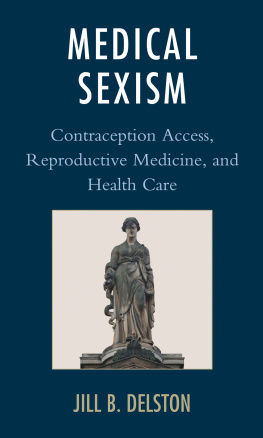

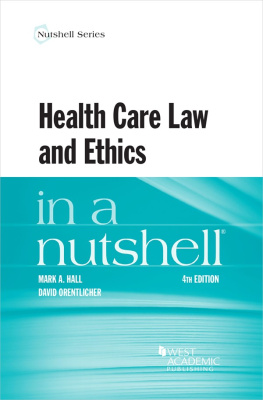
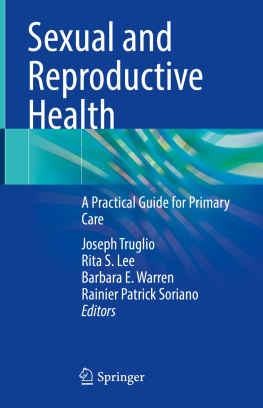
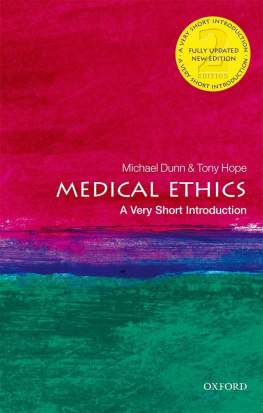
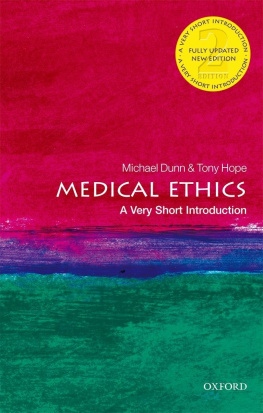
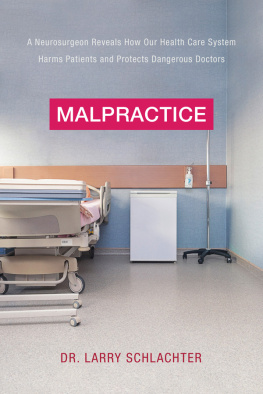
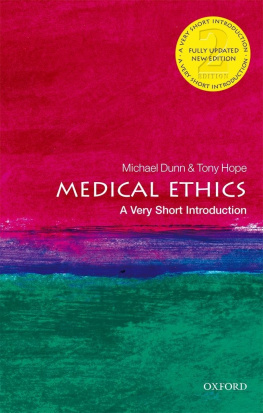
 TM The paper used in this publication meets the minimum requirements of American National Standard for Information Sciences Permanence of Paper for Printed Library Materials, ANSI/NISO Z39.48-1992.
TM The paper used in this publication meets the minimum requirements of American National Standard for Information Sciences Permanence of Paper for Printed Library Materials, ANSI/NISO Z39.48-1992.